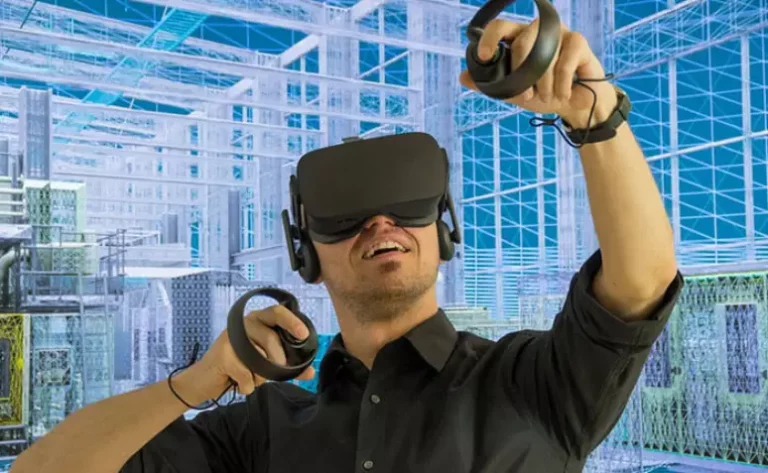
Imagine a world where you can carry out everyday tasks, such as scheduling appointments, sending messages or even managing your finances, just by talking to a machine. This scenario, which once seemed like something out of a science fiction movie, is now part of reality thanks to the rise of virtual assistants. Alexa, Siri, Google Assistant and many others have become common names in millions of homes and offices around the world.
This article explores how these assistants are transforming the way we interact with machines, which technologies are driving this advance and the impact this could have on our future. Get ready to discover how human-machine communication is evolving to make our lives simpler, more connected and more efficient.
Virtual assistants didn't appear overnight. Their development has been shaped by advances in technologies such as natural language processing (NLP), machine learning and big data. These tools allow machines to understand, process and respond to human needs in an almost intuitive way.
According to a Gartner study, it is estimated that by 2025, more than 50% of corporate customer interactions will be mediated by virtual assistants. This is a direct result of their ability to offer personalized, real-time experiences. Examples include the use of chatbots in customer service and voice assistants in IoT devices such as thermostats and security systems.
This revolution not only simplifies interaction with machines, but also redefines expectations. Today, we don't just accept generic answers; we expect technology to understand our preferences and needs.
One of the main reasons why virtual assistants have gained so much ground is their ability to make everyday life easier. Imagine a scenario in which you can:
These functionalities are not just conveniences; they represent a paradigm shift in the way we use technology. By automating routine tasks, virtual assistants allow us to focus on more important and creative activities.
Despite all the benefits, the rise of virtual assistants also raises important questions about privacy and ethics. For example, devices that are constantly "listening" may be the target of concerns about how user data is collected and used. Companies like Amazon and Google claim that they only process information when activated by specific commands, but several cases of data breaches have challenged this confidence.
Another issue is the impact of these assistants on the job market. Functions previously performed by humans, such as customer service, are being automated. While this increases efficiency, it also raises concerns about structural unemployment in specific sectors.
It is therefore essential that regulations keep pace with these technological advances. Only in this way can we guarantee that the benefits are widely distributed without compromising fundamental rights.
What does the future hold for virtual assistants? The possibilities are vast. Research points to the development of even more personalized systems, capable of understanding even the user's tone of voice and emotions. Imagine an assistant that, when it realizes you're frustrated, offers simpler, more empathetic solutions.
Another growing field is integration with areas such as health and education. Virtual assistants have already begun to act as "coaches" in wellness apps or as online study aids. In the future, they could provide preliminary medical diagnoses or create fully personalized learning experiences.
Finally, there is a strong trend towards collaboration between virtual assistants. Instead of competing, different platforms will be able to integrate to offer more complete and fluid experiences, benefiting users even more.
Virtual assistants are transforming the way we interact with technology, bringing practicality, efficiency and new possibilities to our routines. However, their growth also requires us to be vigilant about challenges such as privacy and ethics.
As we look to the future, it's clear that communication with machines is not just a passing trend, but an evolution that promises to revolutionize many aspects of our lives. Whether at home, at work or anywhere else, virtual assistants are here to stay - and to make our daily lives more connected and efficient.
Now it's your turn: how do you imagine the future of virtual assistants? Share your ideas in the comments!